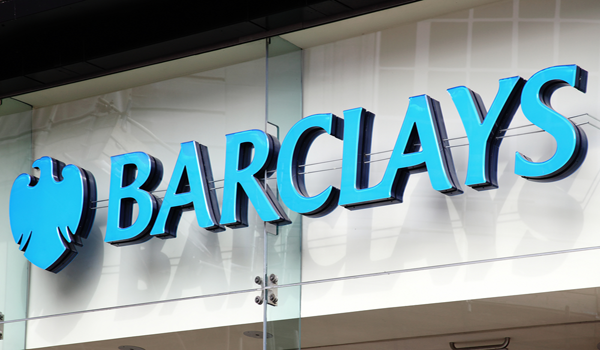The Barclays fraud charge related to the financial crisis in 2008. Barclays and four executives have been charged with fraud over its actions to raise capital. The charges relate to the way it raised money from Qatari investors in June and November of 2008. It is not the bank itself that has been charged, but Barclays PLC. One of the executives is John Varley, the former chief executive.
So what was the issue? In June 2008, Barclays decided not to wait for a government bailout as other banks did. Instead, it raised two lots of cash: £4.5 billion in June and a further £7.3 billion four months later. The money came from several investors, including Qatar Holdings, a state-owned investment fund.

The investigation by the Serious Fraud Office is focusing on what the Qatari investors were paid by Barclays for their part in the deal. It was found that this sum was £346 million – in ‘advisory fees”. Barclays PLC also paid the state of Qatar the sum of £2 billion. This was announced just weeks after the fundraising deal was announced. In effect, Barclays borrowed to lend itself money. This is known as ‘financial assistance’ and is illegal under the Companies Act, 1985.
By borrowing from Qatari investors, the bank had effectively bailed itself out. The Serious Fraud Office (SFO) regards this as fraud, and the case will initially be heard at Westminster Magistrates Court on July 3rd. Barclays is waiting for further information to be provided by the SFO before commenting.
The other three executives involved along with John Varley are Roger Jenkins, a former senior investment banker, Richard Boath, the former European head of financial institutions group and Thomas Kalaris, a former wealth and investment management senior executive.
They are all charged with conspiracy to commit fraud in relation to the initial raising of capital in June 2008. Messrs Varley and Jenkins have also been charged in relation to the October capital, and with providing unlawful financial assistance.
The emergency funds received from Qatar enabled Barclays PLC to avoid being bailed out by the government in 2008. Its rivals, the Royal Bank of Scotland and Lloyds Banking Group, had no option but to accept government assistance paid for by British taxpayers. Barclays has not yet revealed full details of the deal with Qatar. However, by avoiding government assistance the bank also avoided being owned by United Kingdom taxpayers via the British government.